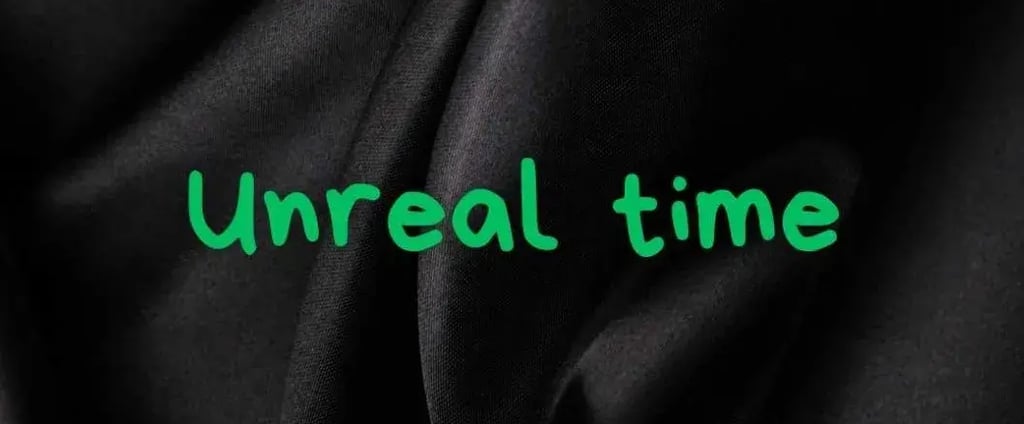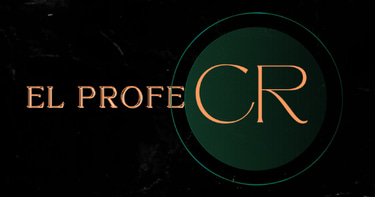
Unreal time
C1 GRAMMAR
2 min read


Do you know how to talk about unreal situations by shifting the verb form backwards?
Look at these examples to see how we use different tenses to talk about unreal time.
If only there was something I could do to help.
It's high time we stopped using plastic bags.
I'd rather you didn't mention this to Sam for now.
Explanation
The rule is simple and concerns unreal contexts (e.g. I wish clauses, unreal conditional clauses). For sentences with a present of future meaning we use past tense, for a past meaning we use past perfect.
Present meaning --> past tense
future meaning --> past tense
Past meaning --> past perfect
Imagined, wished for or unlikely situations are considered 'unreal' time. When we are talking about these situations, we often shift the verb form backwards. For example, the present changes to the past, and the past changes to the past perfect. The tense change suggests a distance from reality.
Wish and if only
We use wish and if only to talk about things that we would like to be different in either the present or the past. If only is usually a bit stronger than wish.
The present
We can use wish/if only + a past form to talk about a present situation we would like to be different.
I wish I knew more people my own age.
If only drivers paid more attention to cyclists.
Would is used when the speaker wants someone or something else to change. It often expresses annoyance.
I wish people wouldn't eat noisily at the cinema.
The past
We can use wish/if only + a past perfect form to talk about something we would like to change about the past.
I wish I hadn't stayed out so late last night. I'm really tired today.
If only we'd known this company was going to close, we wouldn't have recommended them.
The future
Note that we don't use wish to talk about our wishes for a future event.
I wish you pass the exam.
This is not talking about an unreal time; it's a wish for the future. We usually use I hope to express wishes for the future.
I hope you pass the exam.
It's (high) time
We can use the expression it's (high) time + subject + past verb form to say it is time to do something now that should have been done a long time ago.
It's high time we went to bed.
It's time we took responsibility for our planet.
As if/as though
We can use as if and as though to talk about how a situation appears or seems. As if is more common than as though.
Some people behave as if their actions had no consequences.
It was as though she hadn't heard me.
When we follow as if/as though with an unreal tense, we are saying we don't think the statement is really true.
Would rather
Would rather is used to express preference about actions.
I'd rather buy less, but better quality.
When the subjects of the two clauses are different, we often use unreal tenses.
They would rather we didn't wait too long before letting them know our decision.
I'd rather you didn't eat dinner on the new sofa.
Sobre nosotros
El Profe CR busca ayudar a aquellas personas que deseen desarrollar las habilidades que hoy en día las empresas requieren de cada candidato(a) con y sin experiencia laboral.
©2025 Todos los derechos reservados.
